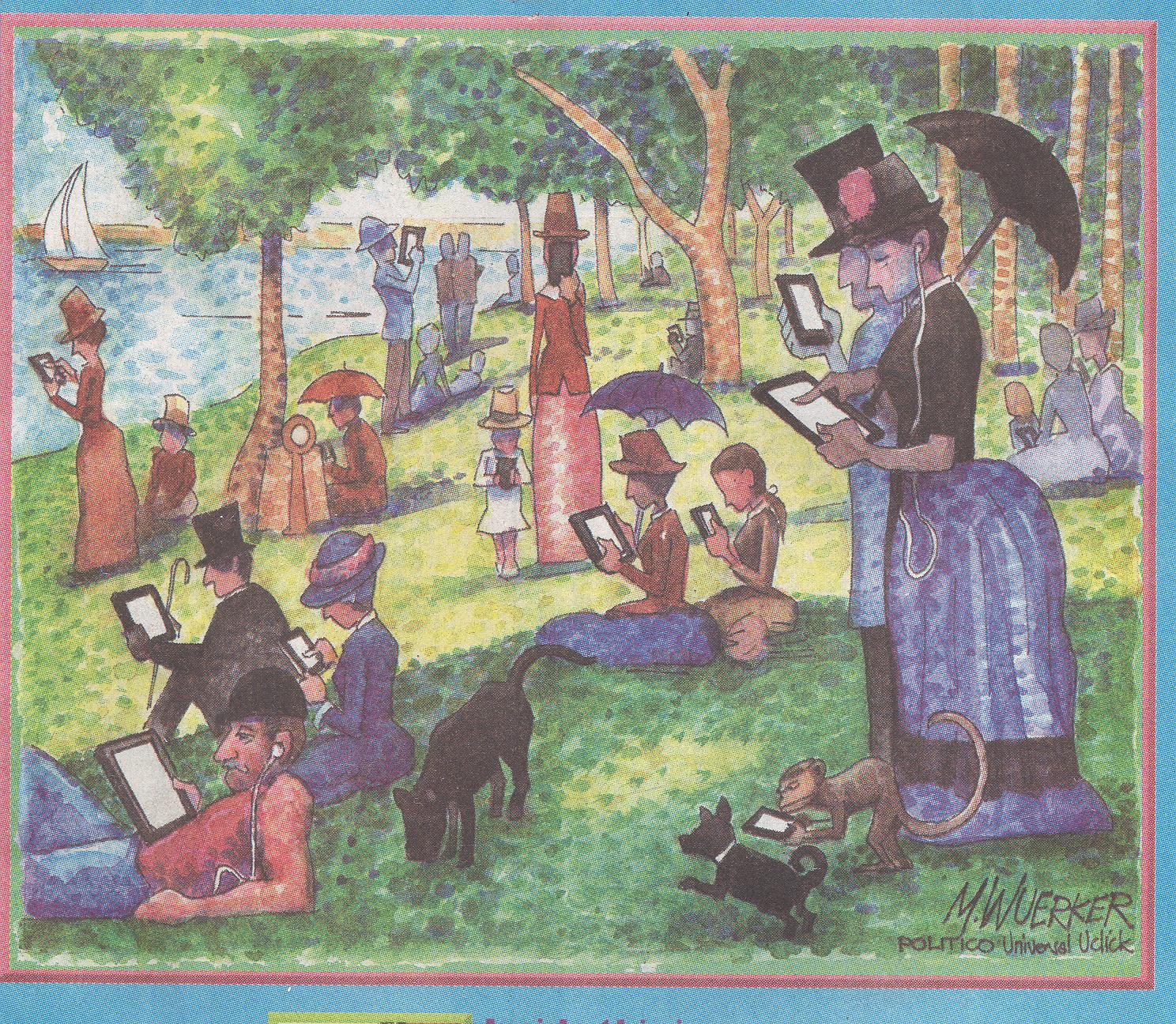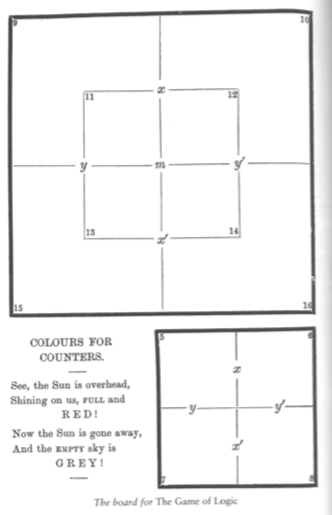- This session will be captured on Zoom, if
I remember to turn it on, and record it. Please help me to remember.
Here's the recording of the session.
- Welcome! I'm glad that you're here, and that we can be here in
person. (We'll be able to do that so long as everyone respects the
Covid-19 precautions that are mandated by the
University. Otherwise we'll have to go virtual...:()
4x6 cards:
- Name (that you want me to call you)
- Hometown
- What is your calling? ("a calling has to do with one's larger purpose, personhood, deepest values, and the gift one wishes to give the world.... A calling is about the use one makes of a career." David Orr, Earth in Mind)
- What is your dream job?
- What is something special about you?
- Some of you have textbooks coming: Buu, Ben, ...
- I am hearing-impaired (wear hearing aids): teaching has become
even trickier, given the masking. But if I don't understand
your question, please be patient with me; or if I misunderstand
what you've said, just let me know that I'm off track!
- This just in from the Dean of Arts and Sciences: "Beginning today [Tuesday, 1/18] and continuing for the next few weeks, Gravity Diagnostics will once again be providing COVID testing on campus. Testing is located in the University Center, Room 204 and is available Monday through Thursday from 1:00 p.m. to 4:00 p.m."
- Your syllabus and approximate
schedule are on-line. Let's have a look at
those. In particular, we need to talk about Covid-19 policy.
- By the end of the course you will have carried out some project:
- Projects will be relatively wide open. You may want to find a partner to work with (at most two -- no groups of three).
- You should find some aspect of discrete math that you want to pursue (perhaps one that we don't study in detail, perhaps one you are particularly interested in that we DO study).
- You'll be writing these up to put on a wiki.
- Start early, finish early! It's due the week before finals.
- Talk to me about what you'd like to do; I'm sure that together we can make it work. I want your project to be about something that you're interested in!
- More about this as we go along.
- Overview of the material of the course
We will be covering portions of the following chapters (7th edition):
- Chapter 1: Logic
- strip away meaning in order to concentrate on form
- translate English into the symbolism of logic (formalize what is often left imprecise)
- logical reasoning cannot help but stand you in good stead
- Chapter 2: Proofs and induction
- Direct versus indirect proofs, especially for proving logical arguments (from chapter 1).
- Mathematical induction, leading to recursion.
- Chapter 3: Recursion, Recurrence relations, and Analysis of Algorithms
- Recursion: do it, again, and again, and again, ....
- Determining the quality of algorithms, by recursion.
- Chapter 4: Sets
- Elementary aspects of set theory
- Counting elements of sets: why some infinities are bigger than others.
- The similarity between logic and set theory will be more apparent later
- Chapter 6: Graphs and Trees
- Graphs and Trees capture information in many different contexts (e.g. a family tree, a unix file system)
- How can we manipulate, store, and access information stored in a graph?
- Chapter 7: Graph algorithms
- shortest path, minimal spanning tree, traversals, etc.
- Constructing optimal graphs
- Chapter 8: Boolean Algebras and Computer Logic
- Operations in logic and set theory are specific cases of Boolean Algebras
- There is a nice correspondence between boolean expressions, truth functions (or tables), and logic networks (which carry out logical functions for technological applications)
- We simplify, or optimize, logic networks
- Binary arithmetic is a particular special application of this section
- Chapter 9: Finite State Machines
- Regular expressions
- We build machines that recognize expressions (strings of characters), and optimize the machines.
- Chapter 1: Logic
- For Thursday: read Section 1.1 (Statements, Symbolic Representations, and
Tautologies), while working on highlight worksheet 1.1
as you go along. You might also get started on the homework.
- Because of scenes like this:


I ask that you keep the phones out of sight. It's really distracting for me to see someone playing on their phone during class. And if I get too distracted, I absent-mindedly begin adding lots more homework problems....:)

- What is discrete mathematics? What does the modifier "discrete" get us? What other kinds of mathematics are there?
- Logic is one type of discrete math. Usually we think of logic as being
based on two-valued truth values (although even truth can be
defined on a sliding scale -- "fuzzy" logic).
We'll begin with some historical, perhaps hysterical, logic: that of Lewis Carroll's unusual "logic game". Contemporaneous with John Venn, he created his own system for solving logic problems.
- Charles Dodgson (Carroll's real name, and mathematical alter ego)
considered symbolic logic "as an entertainment for
children to develop their powers of logical thought."
- The book The
Game of Logic is full of Carroll's wit (such as this, from Carroll's introduction):
Besides the nine Counters, it also requires one Player, AT LEAST. I am not aware of any Game that can be played with LESS than this number: while there are several that require MORE: take Cricket, for instance, which requires twenty-two. How much easier it is, when you want to play a Game, to find ONE Player than twenty-two. At the same time, though one Player is enough, a good deal more amusement may be got by two working at it together, and correcting each other's mistakes.
- Elements of The Game of Logic
- Fundamentals:
- The universe: The set of all objects under discussion
- Proposition, or premises: a statement with truth value about the objects in the universe
- A syllogism: a group of statements (propositions) that lead to
a conclusion
An example syllogism:
- Babies are crazy;
- Crazy people should be in an asylum.
What is the logical conclusion, assuming that the premises are true?
The method: eliminating the common term
So, in the baby example, the common term "crazy" is eliminated, and we arrive at the obvious conclusion:
- Babies should be in an asylum.
I'm going to give you a Logic Game handout now, so that you can "play along" (perhaps with another person, so that "...a good deal more amusement may be got by two working at it together, and correcting each other's mistakes. How would Carroll have suggested we arrive at this conclusion?
If I were Lewis Carroll, I'd also give you a board, and nine counters: five grey, and four red. Here's a picture of his board, and his description of the meaning of the counters:

- In order to see Carroll's method, we might look at
another example from Lewis Carroll, written out by
Carroll himself:
-
- Syllogism:
- "That story of yours, about your once meeting the sea-serpent, always sets me off yawning;
- I never yawn, unless when I'm listening to something totally devoid of interest."
- Conclusion: That story of yours, about your once meeting the sea-serpent, is totally devoid of interest.
(By the way, in Section 1.2 we'll turn these into implications, and use a technique known as "hypothetical syllogism" to reach that conclusion.)
-
- Here's a classic: the syllogism is
Aristotle is a man. All men are mortal. Conclusion: Aristotle is mortal.
Let's arrive at this conclusion by the Logic Game.
- Three types of propositions:
- Some cakes are nice.
- No cakes are nice.
- All cakes are nice.
(We'll characterize these modifiers -- some, none, all -- as "quantifiers": they tell "how many"; and these "propositions" will be characterized as "predicates" in Section 1.3).
Some statements come with "implied quantifiers" (real speech can be very irritating that way!): for example, in the example above, "Babies are crazy" should be interpreted to mean "All babies are crazy." There's an implied universal ("all") quantifier.
Other statements need to be re-written to look like our three types of propositions: e.g. "None but the brave deserve the fair" is re-written as "No not-brave persons are persons that deserve the fair."
- We are often called upon to negate statements, and
must know how to move between types of statements
(e.g. "not(Some cakes are nice)" is the same logically as "No
cakes are nice", for example).
- Fundamentals:
- Charles Dodgson (Carroll's real name, and mathematical alter ego)
considered symbolic logic "as an entertainment for
children to develop their powers of logical thought."
- If we've got some time left, I'll have you attack the syllogisms at the end of the handout; I've got some spare tables if you need more.
- Let me share with you some more "historical logic": this
is a fun one (the
dilemma of Protagoras and Eualthus)
The story reminds me of a poem by A. E. Housman: The Laws of God, The Laws of Man. The reason that the story of Protagoras and Eualthus is a dilemma, a paradox, or a quandary, is that there are two different systems of laws operating.
- More detail on Lewis Carroll's logic game
- A description with an applet to play the game yourself
- Some
Fun, Motivating Examples from Propositional and Predicate Calculus
- Paradoxes are fun! Evidently Eubulides was the master of them.